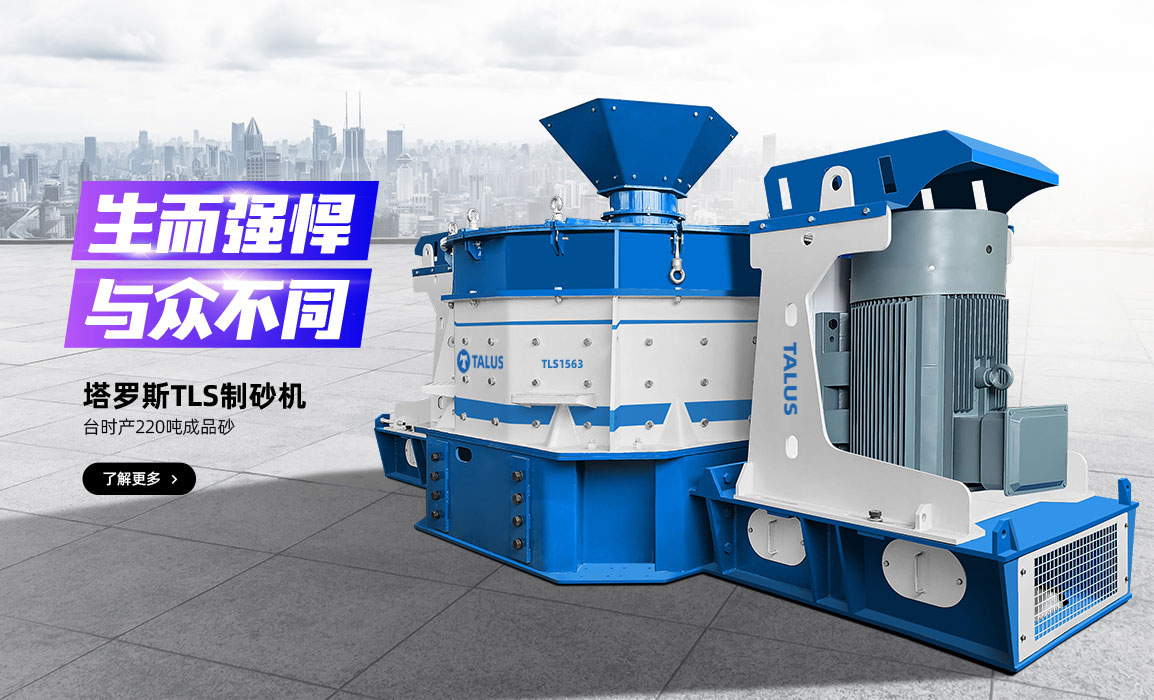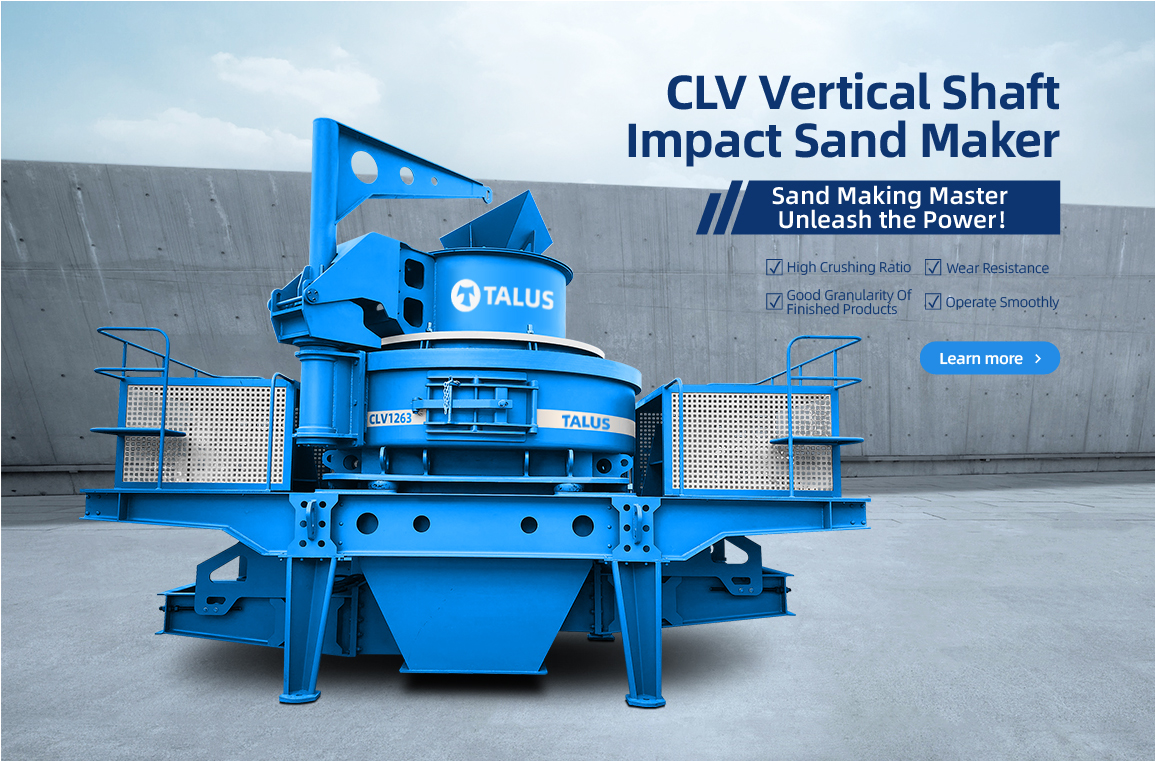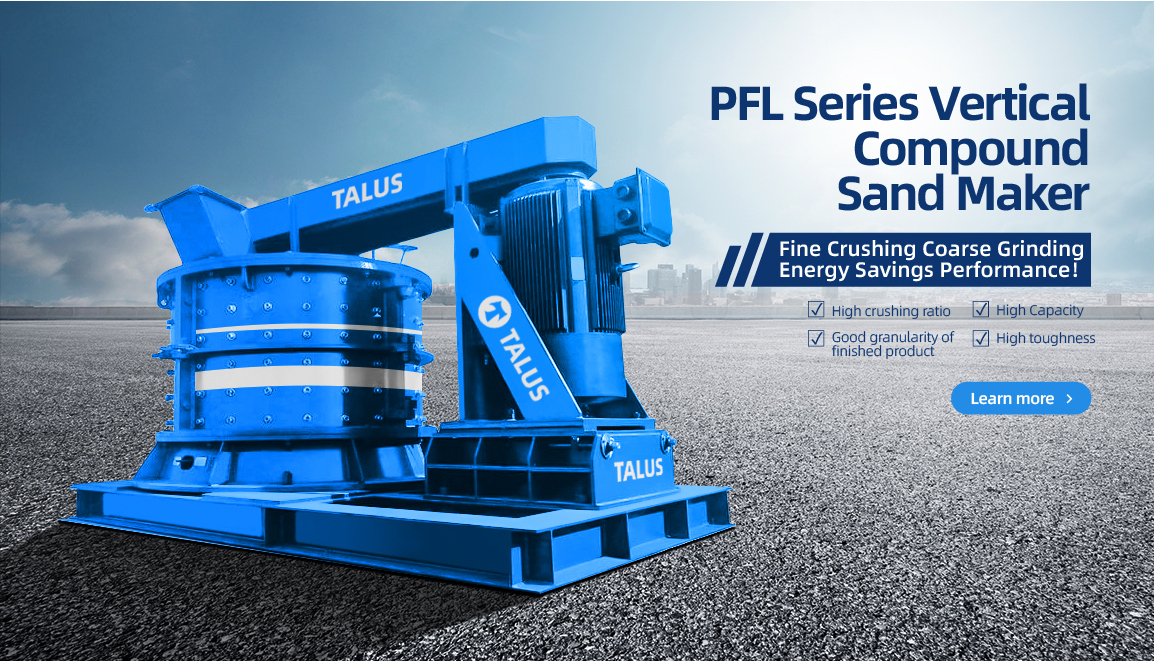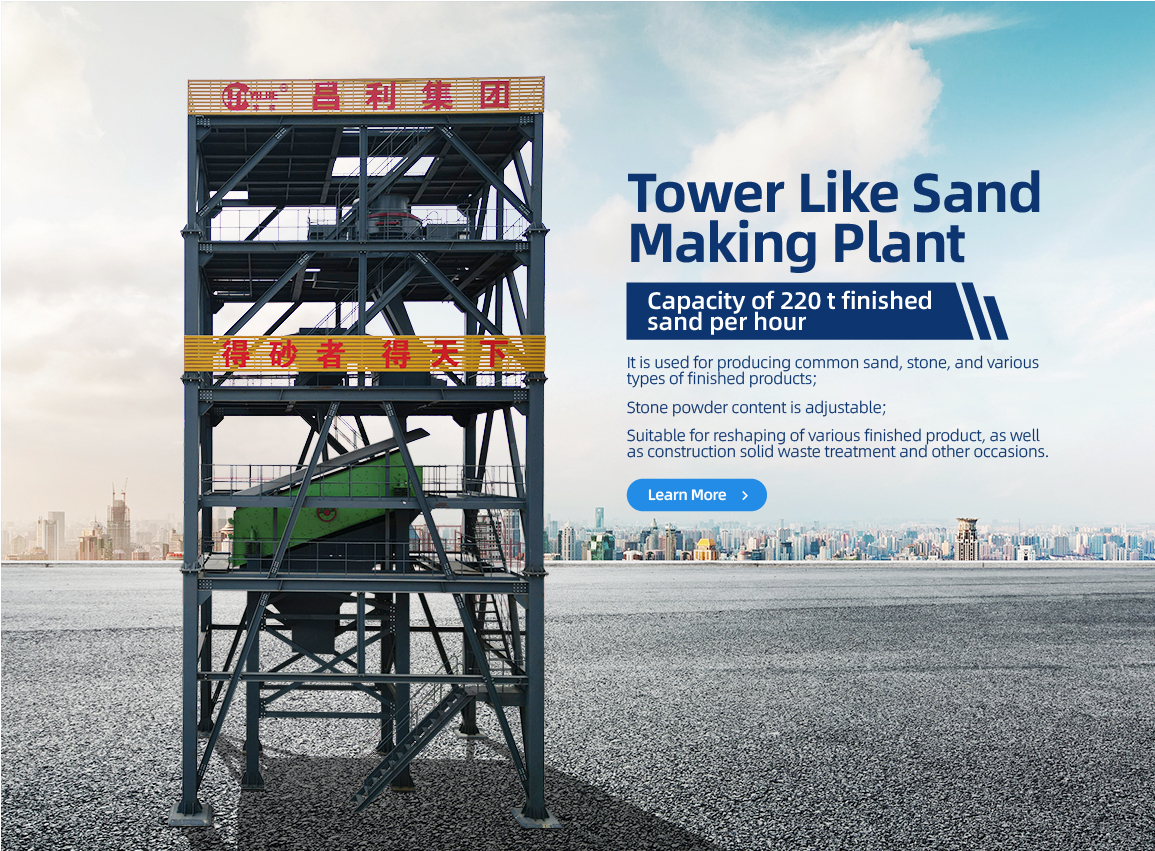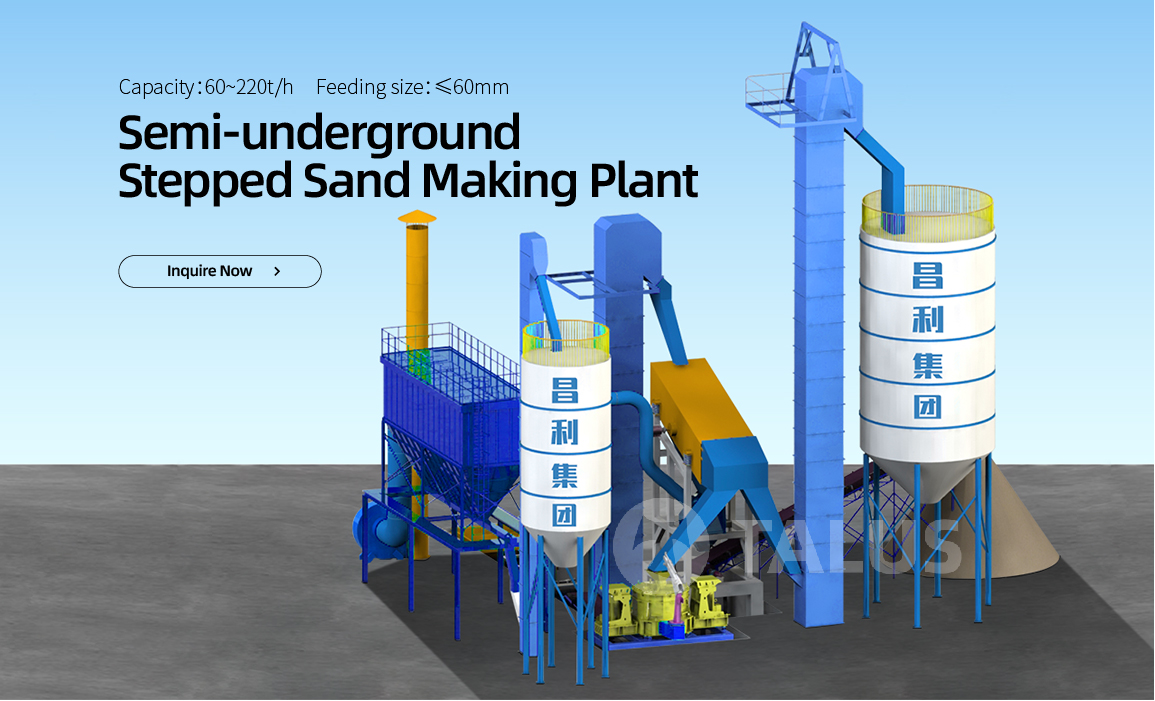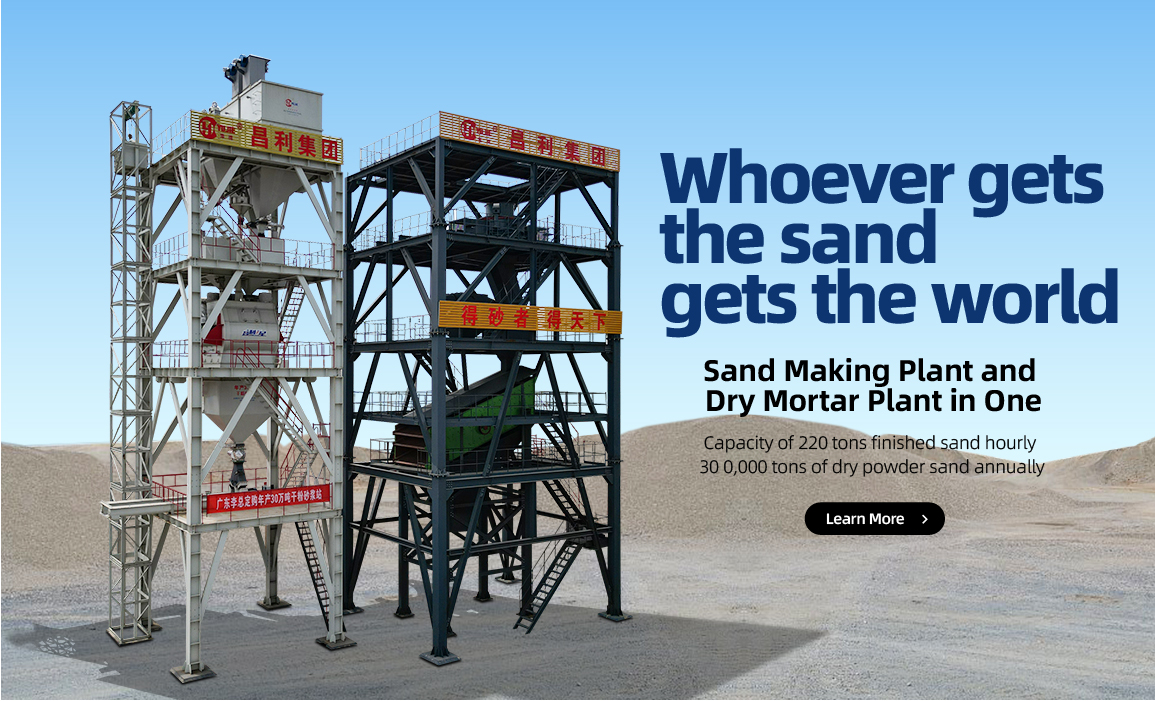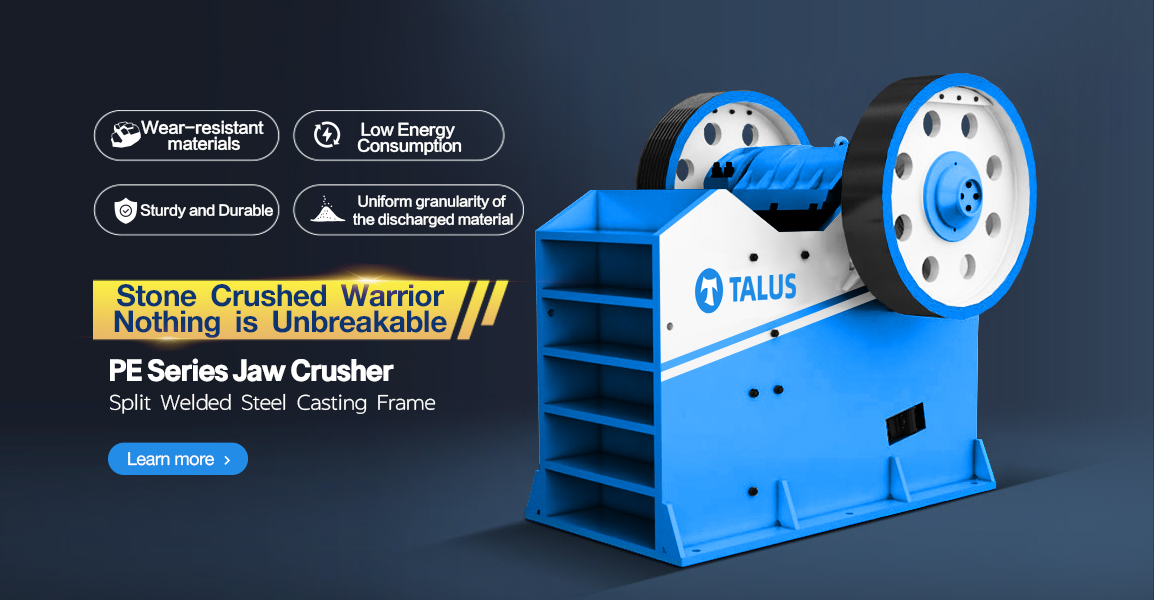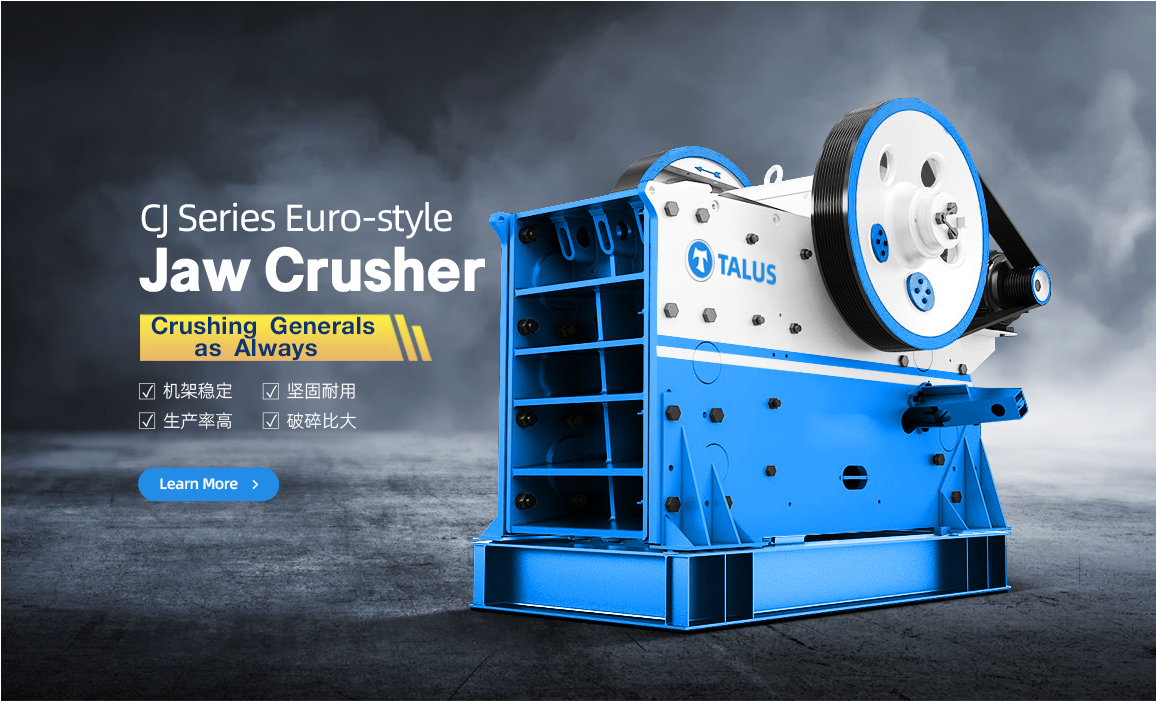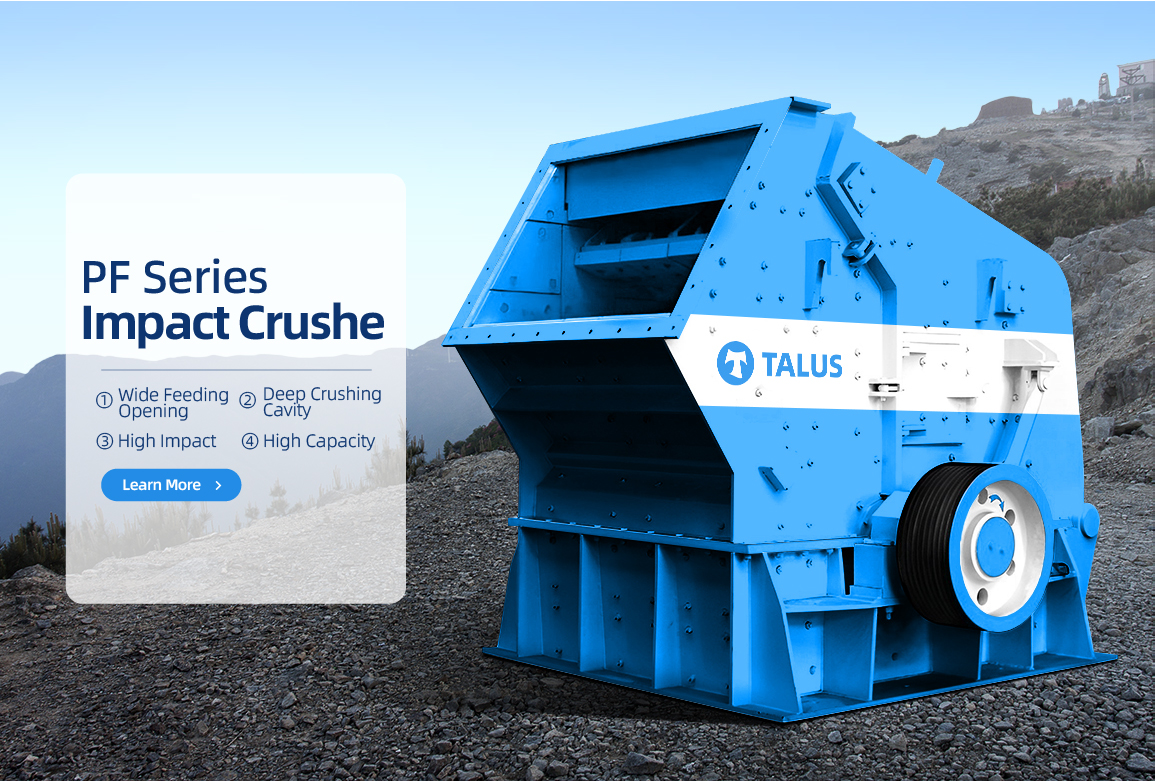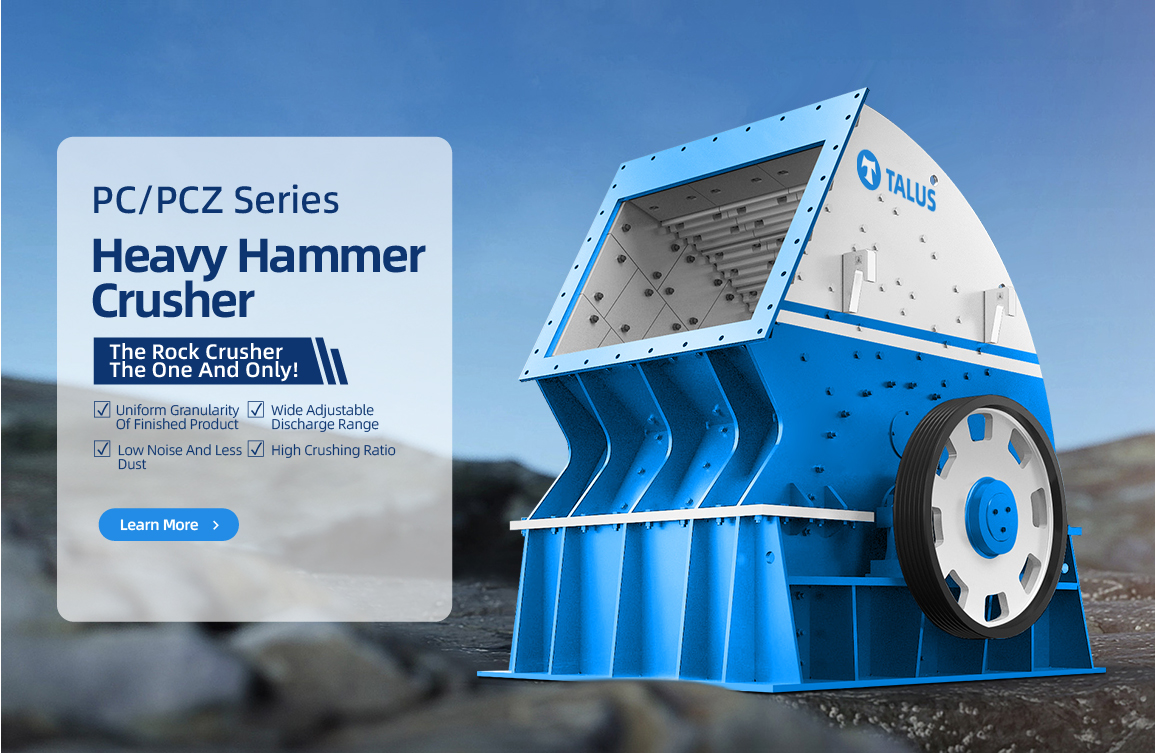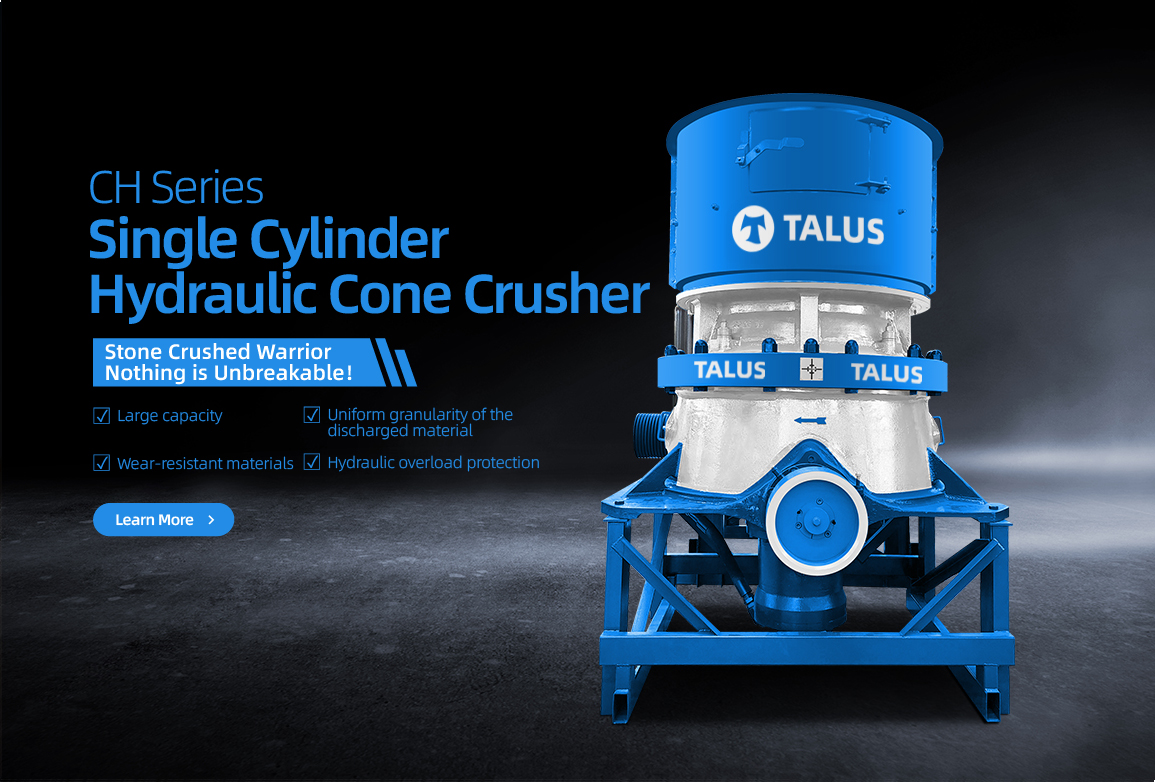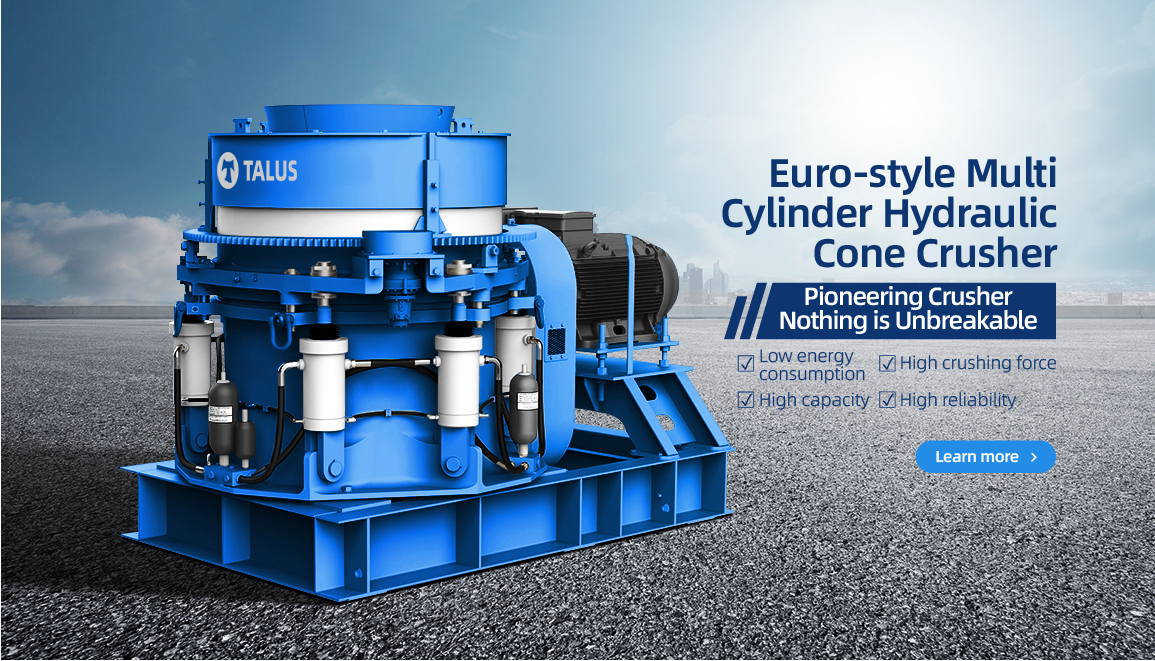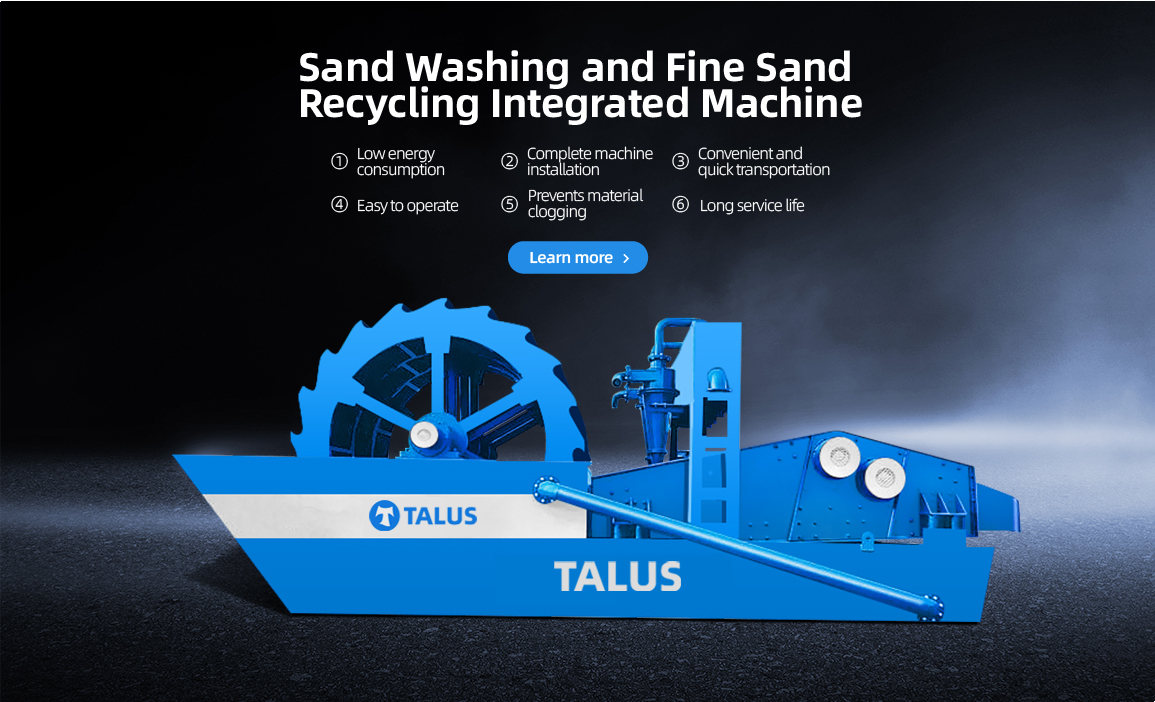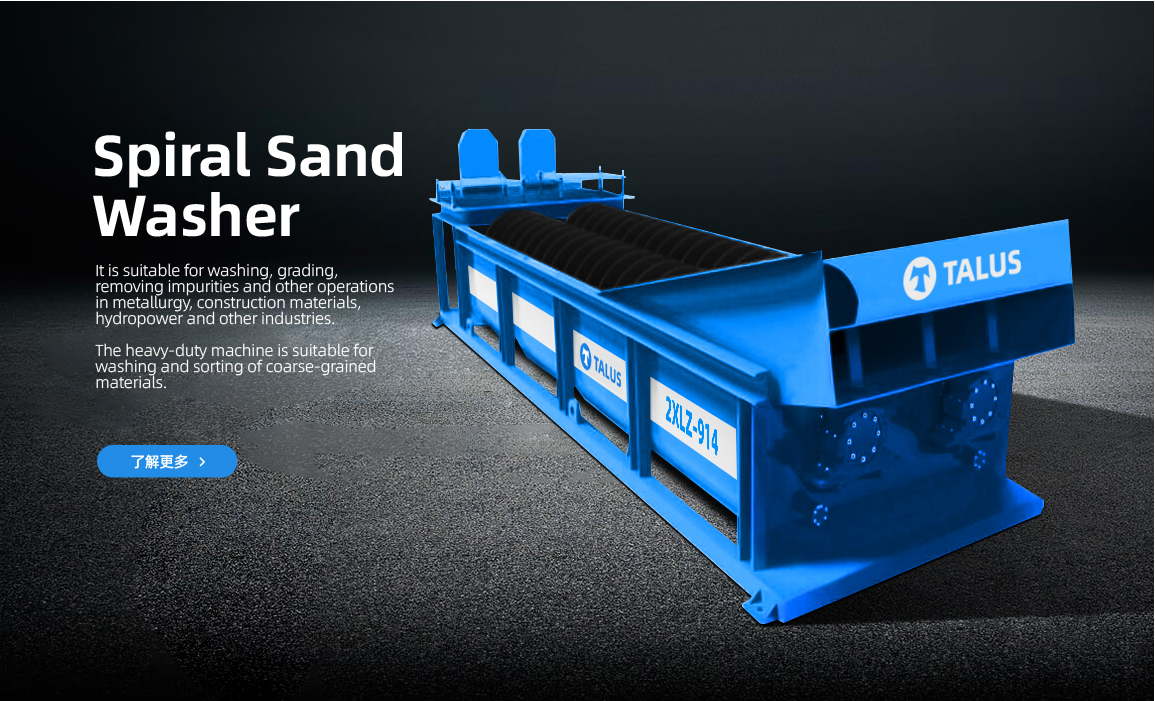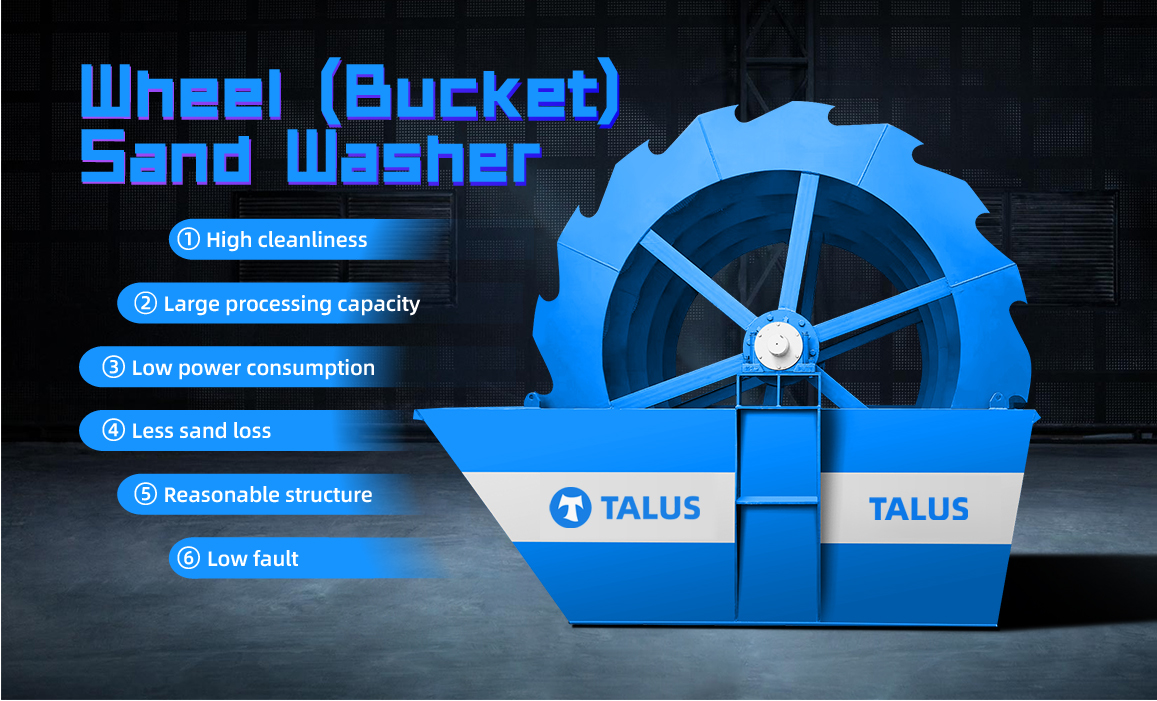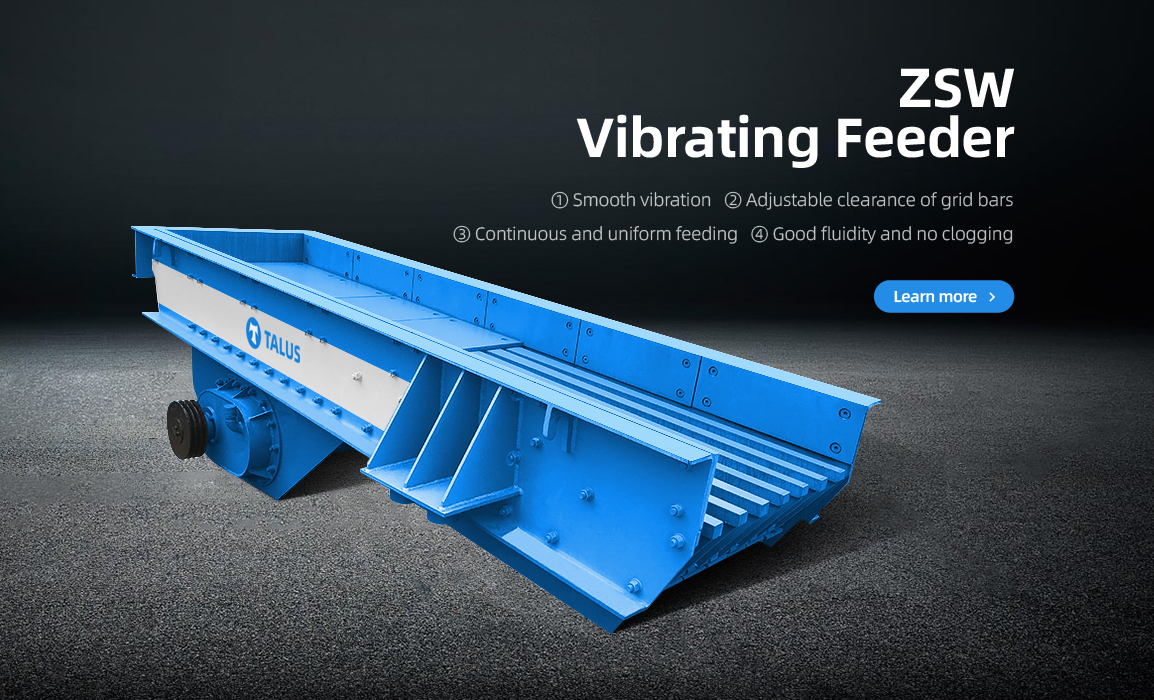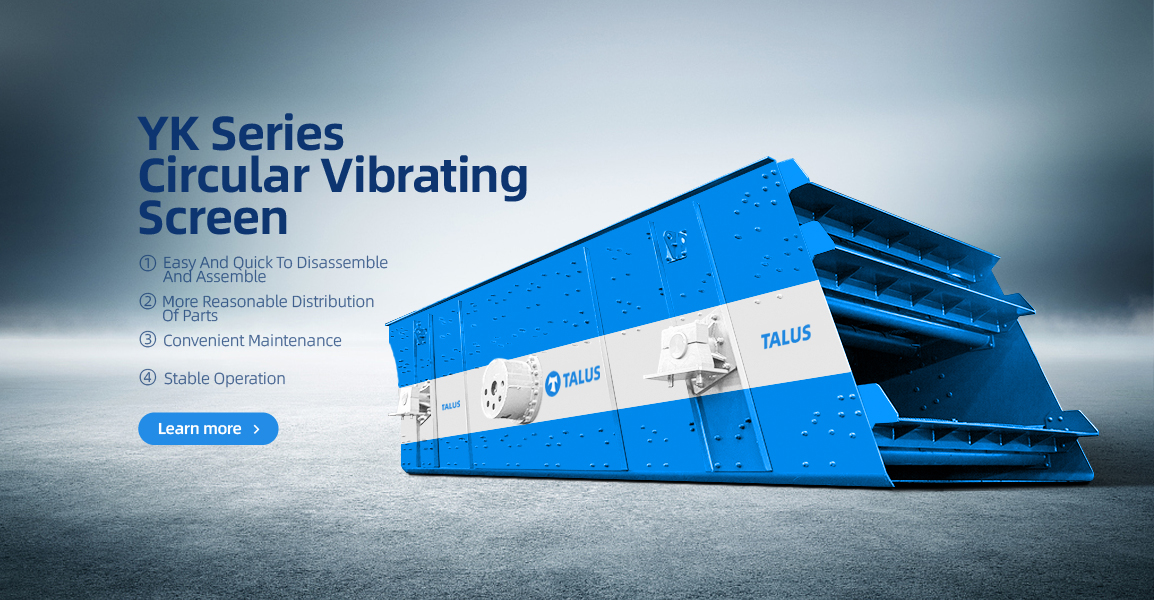Cone crushers are designed for crushing stones, and their operating principle inevitably generates a large amount of dust. Therefore, it is necessary to equip them with appropriate sealing devices. However, sometimes seal failures occur. So, what are the reasons for the failure of the sealing device in cone crushers?
Causes of sealing device damage:
1. Severe wear of sealing components
When the clearances between components of the cone crusher become smaller, the sealing components are compressed and deformed, leading to severe wear. Alternatively, when replacing worn-out components, the replacement cycle of the sealing components may differ from the wear cycle of the frictional components. This difference in condition can increase the sealing pressure on the rubber sealing ring, causing local deformation and damage to the sealing components.
2. Aging of sealing components
Rubber seals are affected by factors such as oil quality, temperature, and time during use. Improper material selection for manufacturing the sealing rings can also result in aging, causing the rubber seals to lose elasticity and alter the sealing condition, leading to seal failure.
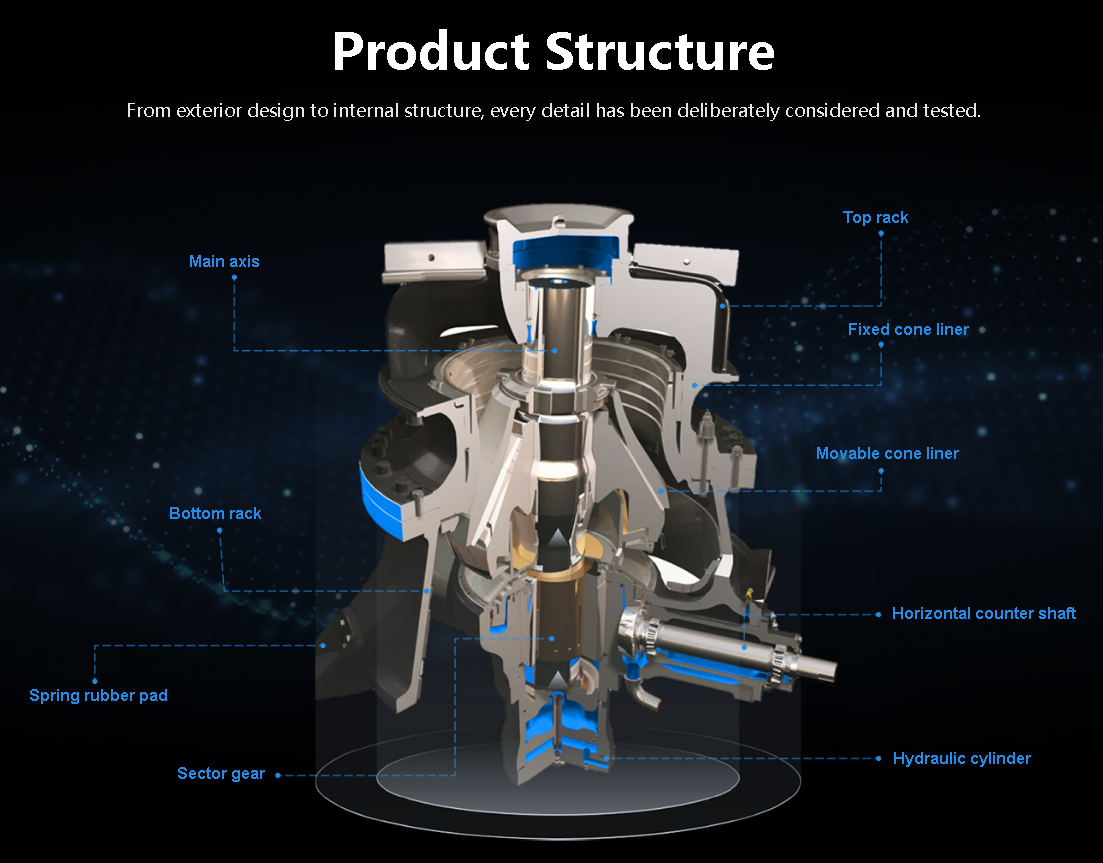
Deformation of sealing components:
1. Deformation due to force
When the cone crusher crushes ore between the mantle and the concave surface, the strong crushing force can cause the body to tilt or vibrate, easily causing the sealing components to deviate from their original motion trajectory and deform, thereby changing the original sealing condition and causing seal failure.
2. Improper installation
During the installation, maintenance, or replacement of sealing components in cone crushers, improper installation can cause localized deformation of the sealing components, resulting in seal failure.
3. Poor lubrication
Friction areas are prone to the mixture of metal particles and ore dust. Prolonged operation in high-temperature environments can cause lubricating oil to deteriorate, reducing its flowability. This, in turn, increases local resistance on the sealing components, leading to deformation.
These are the reasons for seal failure in cone crushers. Users should pay attention to these small details in daily operation to reduce the failure time of the sealing devices in cone crushers.
Talus Equipment focuses on the field of mining crushing and screening, as well as sand-making equipment, providing cost-effective crushing and screening solutions, mechanism sand equipment, and high-grade sand and gravel aggregate for large-scale engineering projects such as highways, chemical industry, railways, hydropower, etc.




